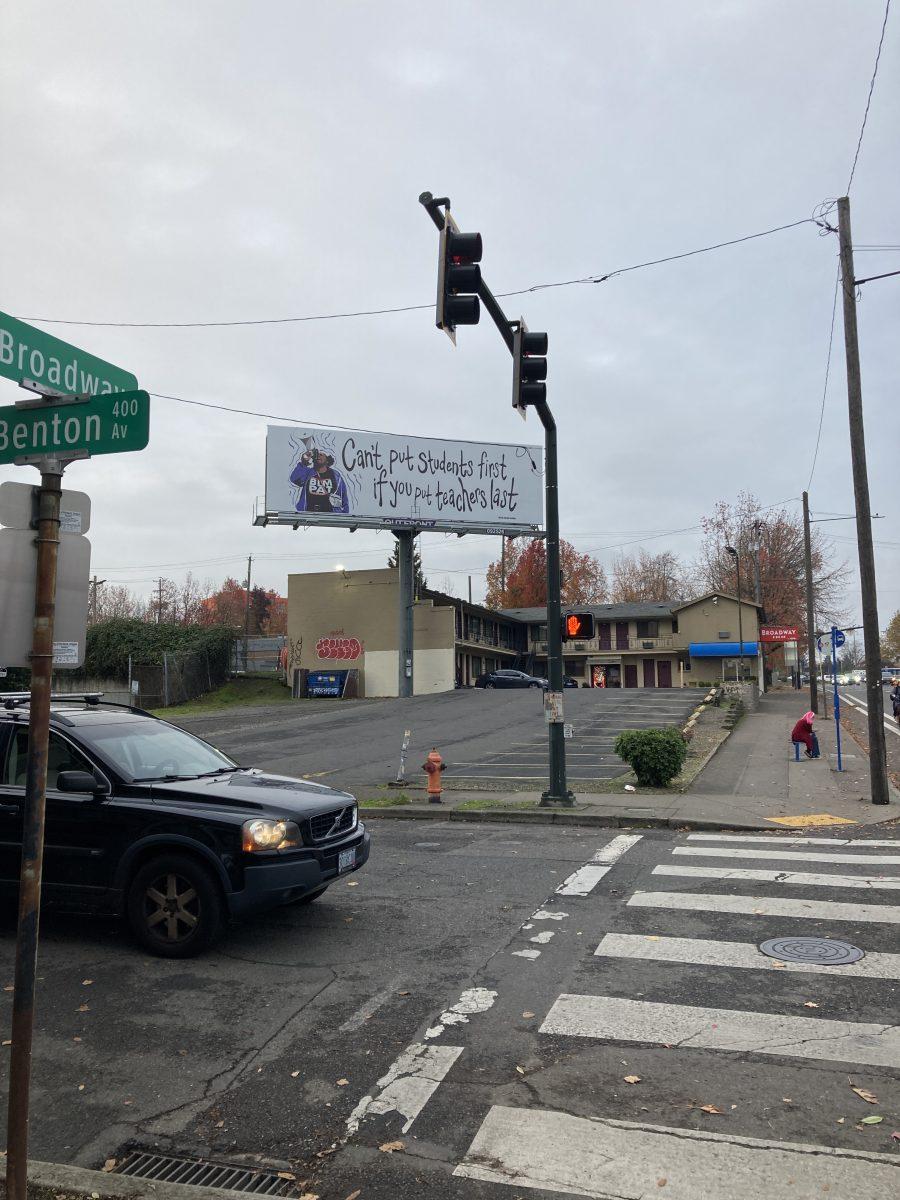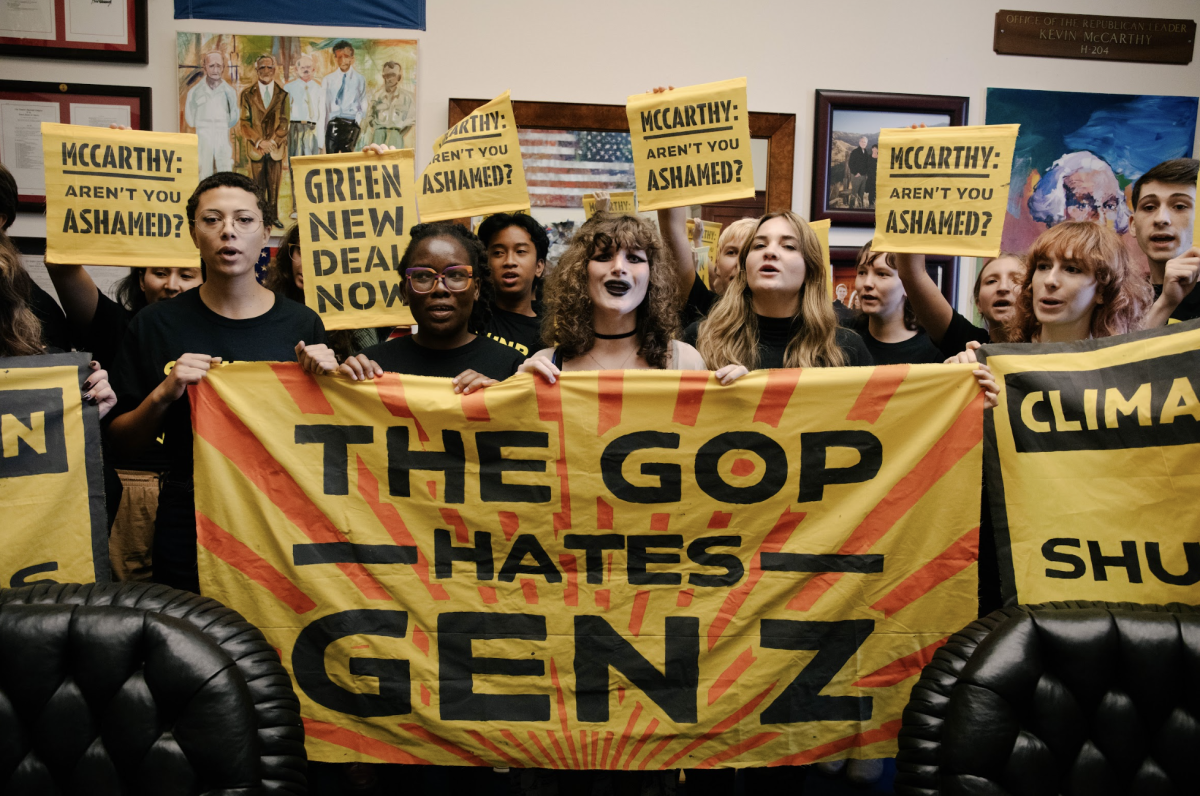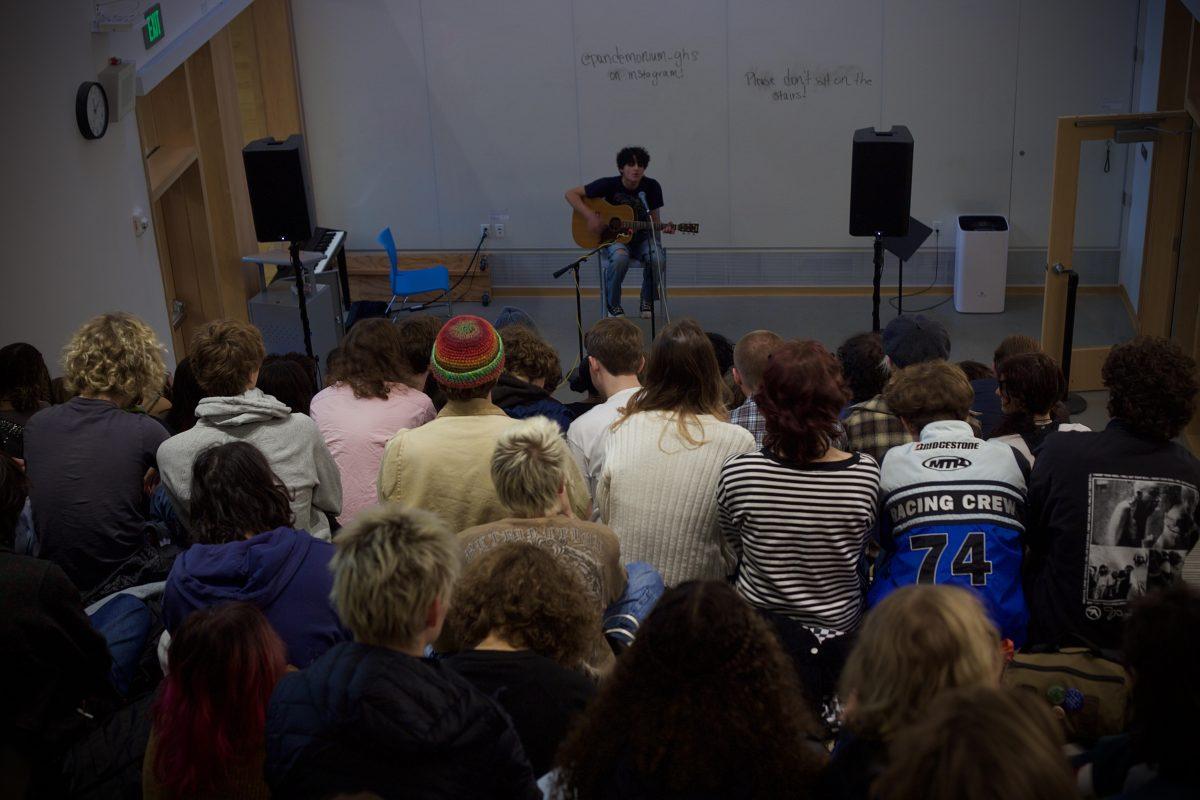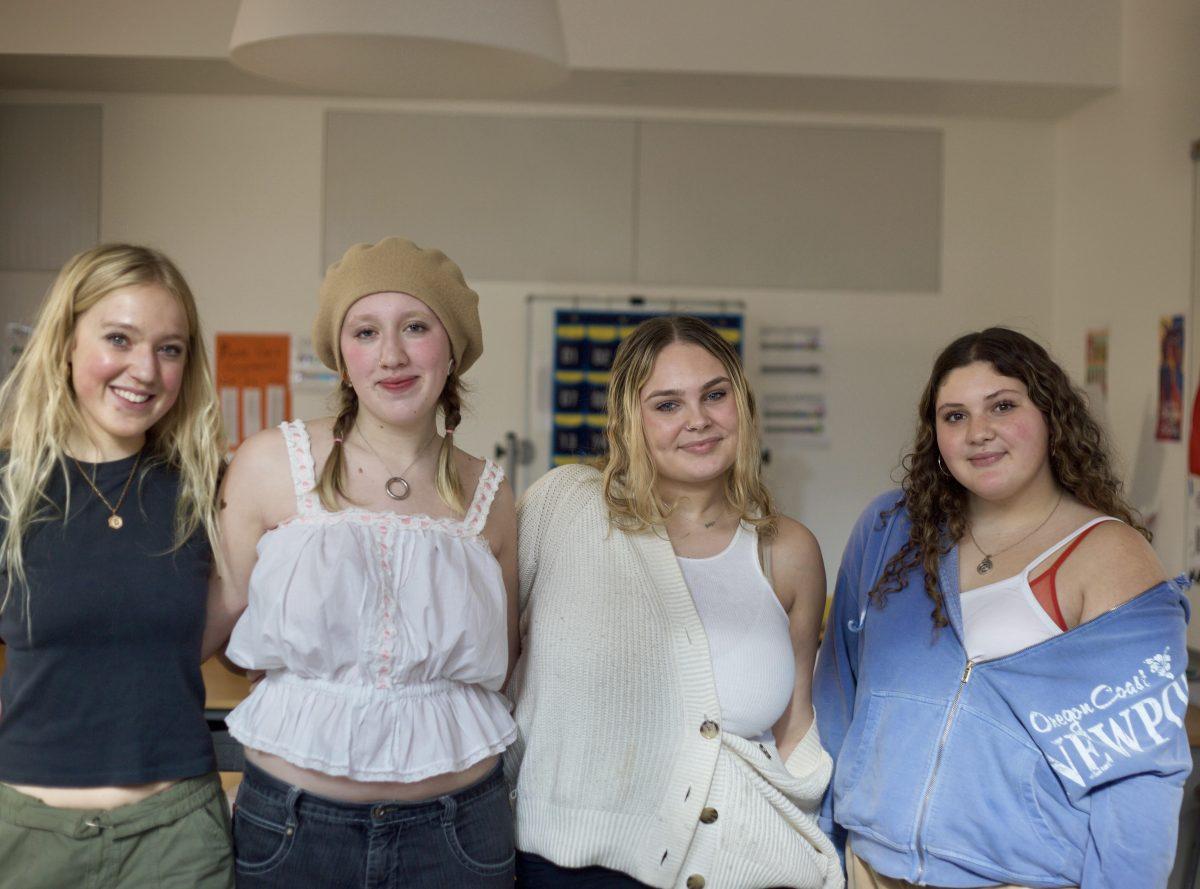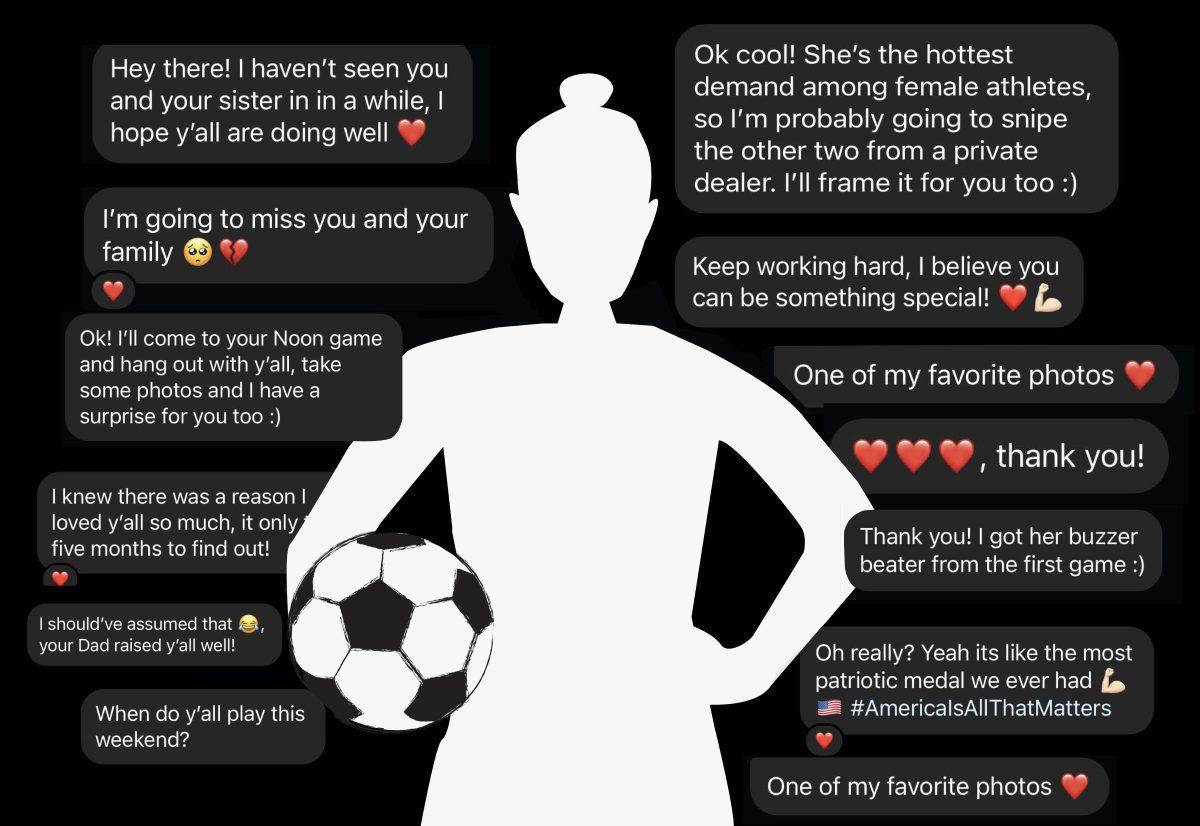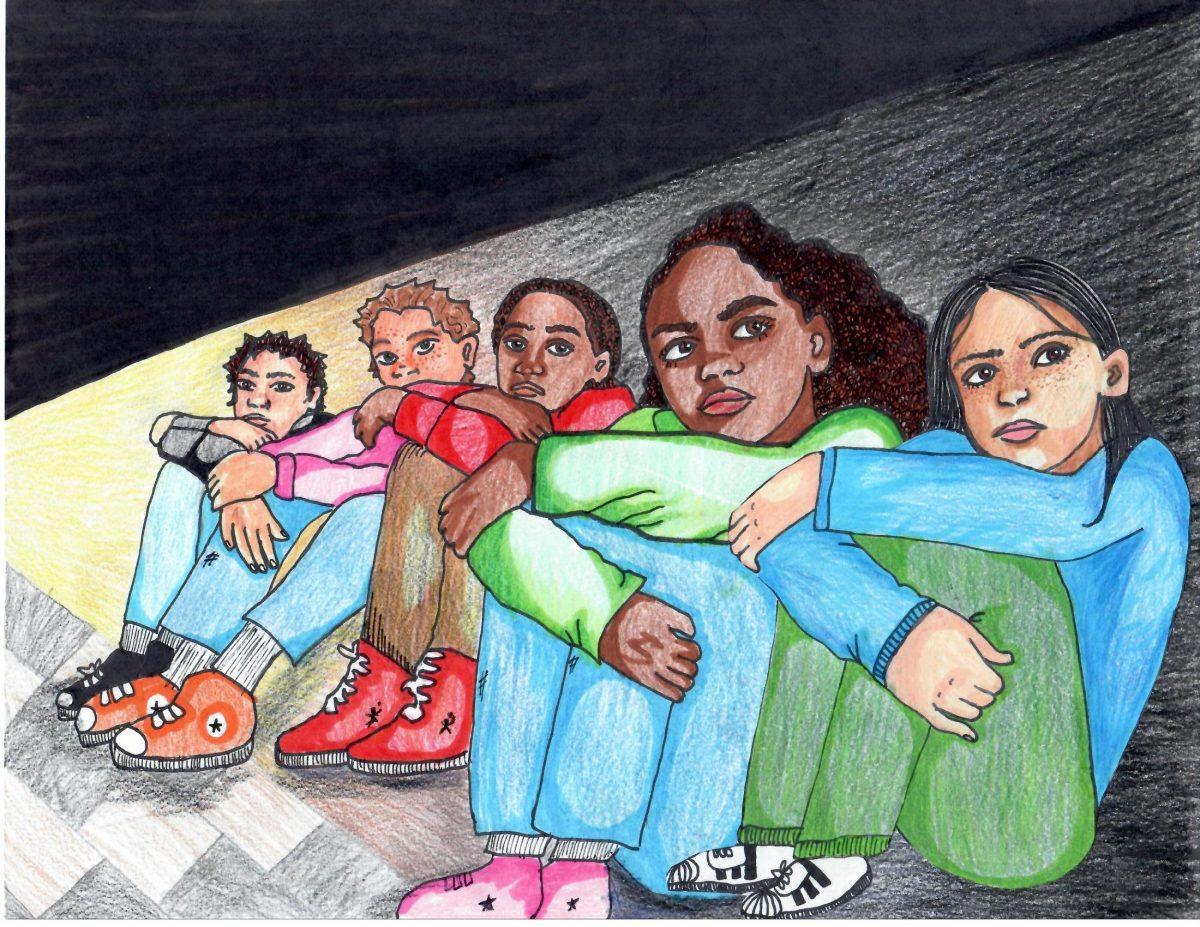
On Tuesday, Dec. 13, the Portland Association of Teachers (PAT) announced the rollout of an ambitious bargaining proposal modeled after the Los Angeles Unified School District’s “Beyond Recovery Platform.”
The platform created by United Teachers Los Angeles outlines community-centric budget distribution goals for the school district. Examples of the reforms include fully staffed schools with teacher retention, equitable opportunity access for students, a safe and healthy school climate, equitable funding and targeted supports.
In an impassioned speech to educators, parents and a few students, PAT President Angela Bonilla began the first of many community listening sessions that will occur across the city in multiple languages to assess the needs of students and families in public schools.
Alongside Harriet Tubman Middle School Parent Teacher Student Association (PTSA) President Nicole Kennedy and PAT Vice President Jacque Dixon, Bonilla presented the audience with the concept of community schools. According to the National Education Association, community schools have six pillars: strong and proven curriculum, high-quality teaching, inclusive leadership, positive behavior practices, family and community partnerships and community support services.
“If (schools are) the center of our community,” Bonilla said in Tuesday’s speech, “How can we be sure that they center our community?”
The goal of the PAT bargaining proposal, set to begin on January 1, 2023, is to turn Portland Public Schools (PPS) campuses into community schools. PAT leaders acknowledge that the plan is idealistic, citing the need for power mapping and mobilization to implement the practices.
“Community is key in this … we can’t do it on our own,” says Dixon.
Oregon law specifies which topics school districts are required to bargain on. For example, in Oregon, school safety is a topic that mandates district response, but class-size maximums are not (with the exception of Title I schools).
Therefore, the PPS bargaining team would have no legal obligation to discuss an issue such as class-size maximums with the PAT. Because of this, Bonilla is calling on direct action in the form of community voice to facilitate change.
The district only responds to shame,” says Bonilla.
Once the bargaining proposal process begins, it will continue for 150 days, meaning that the upcoming bargain is set to end in the fall of 2023. The current PAT–PPS Collective Bargaining Agreement is set to expire in June 2023.
Though the general sentiment in the room was supportive and passionate, many community members were unfamiliar with the jargon and legal precedent surrounding the bargaining process.
“We’re out here, really trying to make sure that we’re getting that information out to folks so that we can advocate,” says Bonilla.
The meeting held space for this growth in knowledge, as community members asked many clarifying questions on the function of the process. “I’m on a learning curve,” says Karanja Crews, the parent of a Tubman student, “(There are) a lot of things to learn. I want to learn more about what the district can bargain for.”
Despite gaps in knowledge due to the obscurity of the language and policy surrounding PPS–PAT bargaining, attendees left with hopeful sentiments about the process.
“I feel refreshed because … I’ve never heard of the union doing anything community-oriented,” says Crews, “So the fact that we are here now, out in the community, that’s a big step … The union is like a mob, they don’t play around and they just stick to themselves. But the fact that they’re out reaching out, like, that is powerful.”
The few students present hope to see a tangible change in their PPS experience as a result of this PAT proposal.
Augustus Martin, a freshman at Grant, hopes that PAT bargaining will include student voice in its decision making processes. “Without students, what is a school district? What is a school without students?” he says.
Martin wants to see more students attending and speaking at the meetings. “No students really understand what’s at stake here, or are even aware of it,” he says, “Students have more power than they think.”
Though the proposed bargain is momentous, Tuesday’s meeting was not well-attended. The PAT will need to lean on coverage from the media and the support of the community to see bargaining success.
“We’re doing something here … (that) our union has never really done before,” Bonilla says.





























